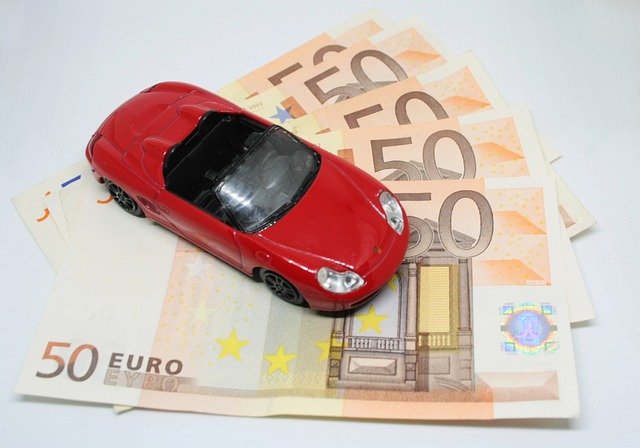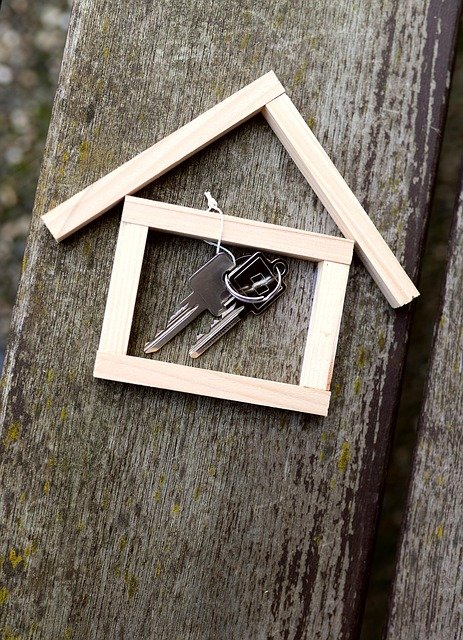Understanding Auto Auctions and Repossessed Vehicle Sales
Auto auctions offer a unique opportunity to purchase vehicles at competitive prices, including bank sequestered cars and repossessed vehicles. These events, whether conducted live or online, provide access to a wide range of used cars that might otherwise be unavailable through traditional dealerships. Understanding how these auctions work, what types of vehicles are available, and how to navigate the bidding process can help buyers make informed decisions and potentially secure valuable deals.

What Are Auto Auctions?
Auto auctions are organized events where vehicles are sold to the highest bidder. These auctions can be conducted in person at physical locations or through online platforms. They attract a diverse range of participants, including dealers, wholesalers, and individual buyers looking for used cars at competitive prices. Auto auctions feature various types of vehicles, from everyday sedans to luxury cars, trucks, and SUVs. Many of these vehicles come from fleet liquidations, lease returns, trade-ins, and financial institution repossessions. The auction format creates a transparent marketplace where prices are determined by real-time demand rather than fixed dealer markups.
Understanding Bank Sequestered Cars
Bank sequestered cars, also known as bank-owned vehicles, are automobiles that financial institutions have taken possession of due to loan defaults or other financial circumstances. When a borrower fails to meet their loan obligations, the lending institution may legally repossess the vehicle to recover their losses. These cars are then typically sold through auction channels to recoup as much of the outstanding debt as possible. Bank sequestered vehicles can range from nearly new models to older used cars, depending on when the original loan was issued and when the default occurred. The condition of these vehicles varies widely, making thorough inspection essential before bidding.
How Repossessed Cars End Up at Auction
Repossessed cars follow a specific process from seizure to auction block. When a borrower defaults on their auto loan, the lender initiates repossession proceedings according to local laws and regulations. Once the vehicle is recovered, it is typically stored at a secure facility and assessed for condition. The lender then arranges to sell the vehicle, most commonly through auction houses that specialize in handling repossessed inventory. These auctions provide lenders with a streamlined method to liquidate assets quickly. For buyers, repossessed cars represent an opportunity to purchase vehicles below typical retail prices, though they should be aware that these cars are sold as-is, often without warranties or guarantees about their mechanical condition.
Participating in Live Car Auctions
Live car auctions offer an exciting, fast-paced environment where buyers can inspect vehicles beforehand and bid in real time. These events are typically held at dedicated auction facilities on scheduled dates throughout the week or month. Participants must usually register in advance, provide identification, and sometimes demonstrate financial capability through deposits or pre-approved financing. During the auction, an auctioneer presents each vehicle, highlighting key features and known condition issues. Bidding moves quickly, with participants raising paddles or making signals to indicate their bids. The atmosphere can be competitive, and successful bidding requires both preparation and discipline to avoid getting caught up in bidding wars that exceed budget limits.
Exploring Used Car Auctions
Used car auctions encompass a broad category that includes all types of pre-owned vehicles sold through the auction process. Beyond repossessed and bank-owned cars, used car auctions feature vehicles from rental companies, government fleets, corporate fleets, and dealer trade-ins. These auctions may be open to the public or restricted to licensed dealers, depending on the auction house and the specific event. Public auctions allow individual buyers to participate directly, while dealer-only auctions require a valid dealer license. Many auction houses now offer hybrid models, with preview days for in-person inspection followed by online bidding. This flexibility has made used car auctions more accessible to a wider range of buyers across Canada.
Cost Considerations and Price Estimates
Prices at auto auctions vary significantly based on vehicle type, condition, mileage, and market demand. Repossessed cars and bank sequestered vehicles typically sell for 20 to 40 percent below retail market value, though this is not guaranteed. Buyers should budget for additional costs beyond the winning bid, including buyer’s fees (usually 5 to 10 percent of the purchase price), documentation fees, taxes, and transportation costs if the vehicle needs to be moved. Some auction houses also charge registration fees ranging from 50 to 200 dollars. It is important to research comparable vehicle values before attending an auction and set a firm maximum bid that accounts for these additional expenses and potential repair costs.
| Vehicle Type | Typical Price Range | Additional Fees |
|---|---|---|
| Compact Sedans | 3,000 - 12,000 CAD | 5-10% buyer’s premium |
| Mid-Size SUVs | 8,000 - 20,000 CAD | 5-10% buyer’s premium |
| Luxury Vehicles | 15,000 - 40,000 CAD | 5-10% buyer’s premium |
| Trucks and Vans | 10,000 - 25,000 CAD | 5-10% buyer’s premium |
Prices, rates, or cost estimates mentioned in this article are based on the latest available information but may change over time. Independent research is advised before making financial decisions.
Tips for Successful Auction Buying
Successful auction buying requires preparation and realistic expectations. Before attending any auction, research the vehicles you are interested in, check their market values using online valuation tools, and obtain vehicle history reports when possible. Arrive early to inspect vehicles thoroughly, looking for signs of damage, mechanical issues, or excessive wear. Bring a knowledgeable mechanic if you lack automotive expertise. Set a firm budget that includes all costs and stick to it, avoiding the temptation to exceed your limit in the heat of bidding. Remember that most auction vehicles are sold as-is without warranties, so factor in potential repair costs. Finally, understand the auction house’s payment terms, pickup deadlines, and any applicable return policies before placing your first bid.
Auto auctions, including those featuring bank sequestered cars and repossessed vehicles, provide an alternative pathway to vehicle ownership that can offer significant savings. Whether participating in live car auctions or exploring used car auctions online, buyers who approach the process with knowledge, preparation, and realistic expectations are best positioned to find quality vehicles at competitive prices. Understanding the auction process, vehicle sources, and associated costs helps ensure a positive buying experience in this dynamic marketplace.




